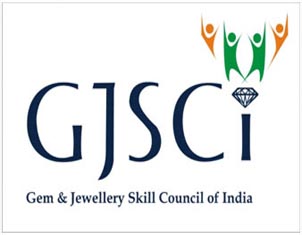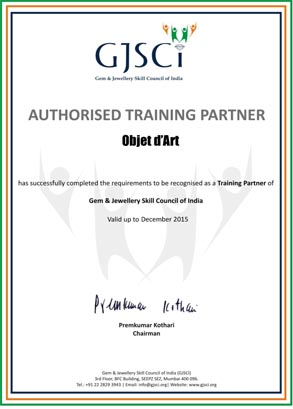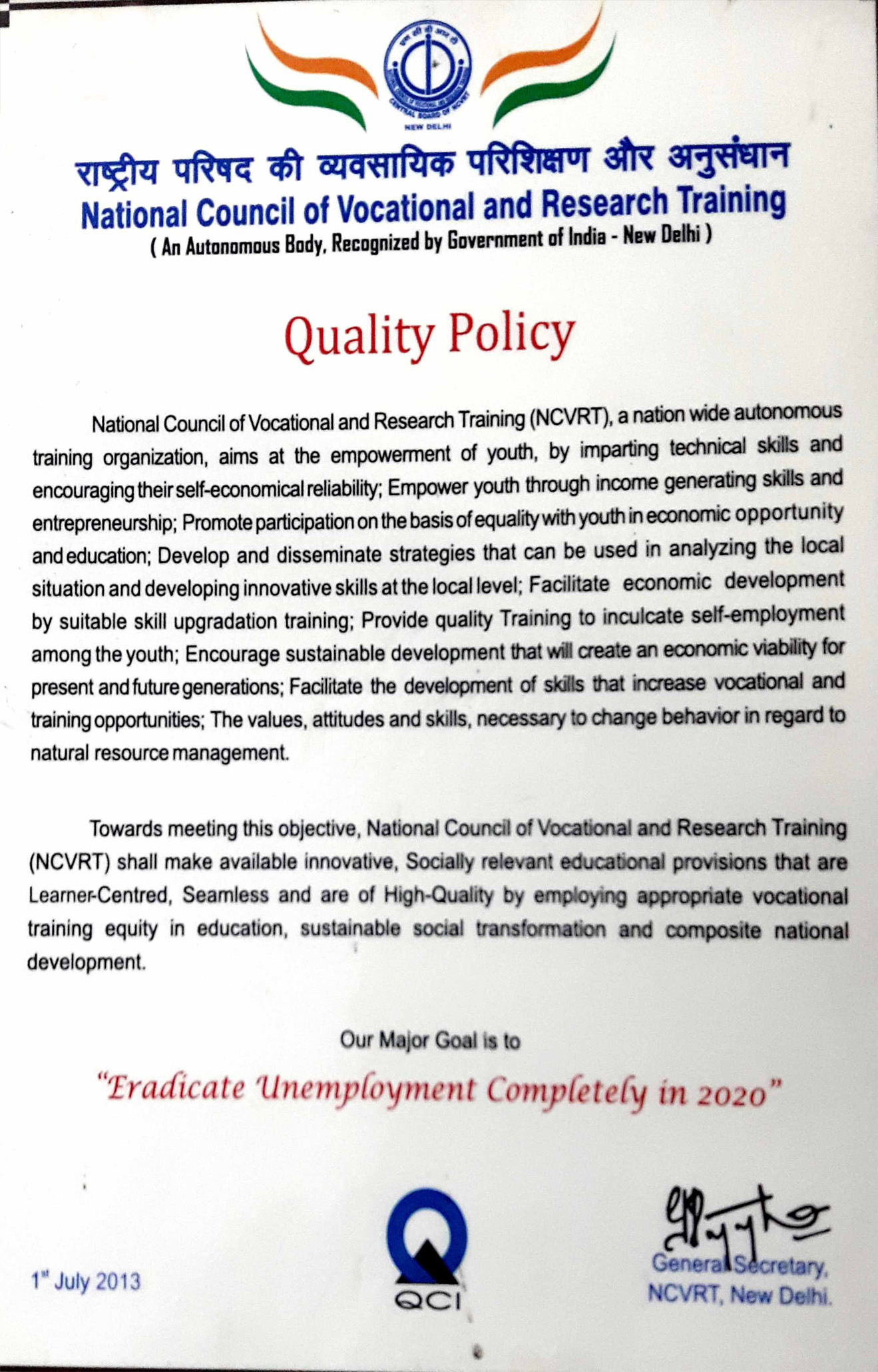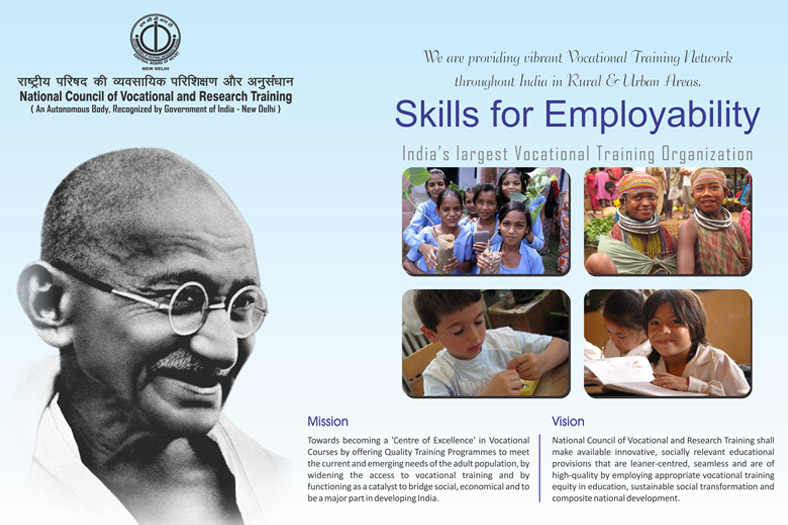

Affliliations & Parnerships
GJSCI
National Skill Development Corporation (NSDC) was set up by the Government of India in 2008 to ensure that India sustains its growth and helps the economically disadvantaged youth to raise their income levels by acquiring market oriented job skills.
Gem and Jewellery has been identified by the NSDC as a high growth sector to initiate skill-training programs. With this in mind, the leading bodies from within the jewellery industry have established the Gem and Jewellery Skill Council of India (GJSCI) in July 2012.
The GJSCI represents all areas and functions of the industry, such as diamond processing, coloured gemstone processing, jewellery manufacturing, wholesale, retail and exports.
The founder organizations that have helped create the GJSCI are
- The Gem & Jewellery Export Promotion Council (GJEP)
- The All India Gems and Jewellery Trade Federation (GJF)
- The SEEPZ Gems & Jewellery Manufacturers Association (SGJMA) and
- The Jewellers Association Jaipur
The founder organizations that have helped create the GJSCI are
- Identification of skill development needs in the Gem and Jewellery sector in India
- Preparing a catalogue of types of skills needed in the Jewellery industry.
- Preparing a skill development plan for the Gem and Jewellery sector.
- Determining skills /competency standards and qualifications.
- Affiliation and accreditation process of the institutes imparting training in the Gem and Jewellery industry.
- Participation in examination and certification of individuals undergoing training.
- Planning and execution of Train the trainer programs.
- Establishing Academies of Excellence in the sector.
- Establishment of a well-structured sector specific Labour Market Information System (LMIS) to assist planning and delivery of training.
Objet D' Art (Affiliated Training Partner of GJSCI)
Objet D' Art is now an affiliated training partner of GJSCI in select areas of training and up-skilling of workforce in gems and jewellery industry. To know more details Kindly contact us... Book a Free Counselling Session






